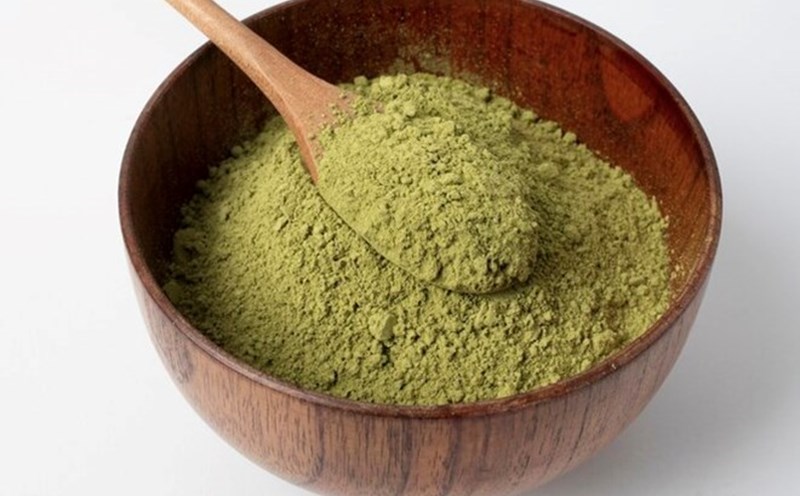Pilates has long been surrounded by many rumors that make many people hesitate to try. Some believe that this is just a women's sport, others believe it is too easy or does not bring strength. In fact, it is all a misunderstanding.
Pilates, from recovery therapy to comprehensive training
Pilates was developed by Joseph Pilates in the early 20th century, with the initial goal of helping soldiers recover from injuries and increase their strength. This is a low-intensity exercise method but has a deep impact on the core muscle group, improving posture, flexibility and overall balance.
Not only that, Pilates has also been scientifically proven to bring double benefits to both the body and the mind. A study published in the journal Muscle Ligaments and tendons confirmed that Pilates exercises help reduce chronic back pain and improve muscle endurance.
Dr. Stuart McGill, a spinal Mechanical expert at the University of Waterloo ( Canada), commented: Pilates facilitate the strengthening of core muscles and stabilization of the spine. This is an important foundation not only for recovery practitioners but also for professional athletes".
Three common misconceptions about Pilates
Concept 1: Pilates is for women only.
Famous fitness trainer Namrata Purohit (India) said that many men are afraid to practice because they think this is a "female" sport. In fact, Pilates was originally developed for men in the military environment. Today, many cricket players, Hollywood actors and athletes still maintain Pilates to increase endurance and performance.
Concept 2: Pilates is too easy or too difficult.
According to Purohit: Pilates can be adjusted according to each persons needs. It can gently support recovery or be challenging for professional athletes". It is the adaptability that makes Pilates a suitable choice for beginners, the elderly and advanced practitioners.
Concept 3: Pilates does not help increase strength.
Many people only attach Pilates to flexibility. However, Purohit emphasizes: Pilates also help develop lean muscle, increase functional strength, improve balance and lose weight. Control movements target both small, stable and large muscle groups, thereby improving overall performance.
From the above analysis, it can be seen that Pilates is not an auxiliary sport but a solid foundation to help improve health, increase strength and flexibility. Whether you are new to the program, recovering from an injury, or a professional athlete, Pilates can be an important part of your physical journey.











